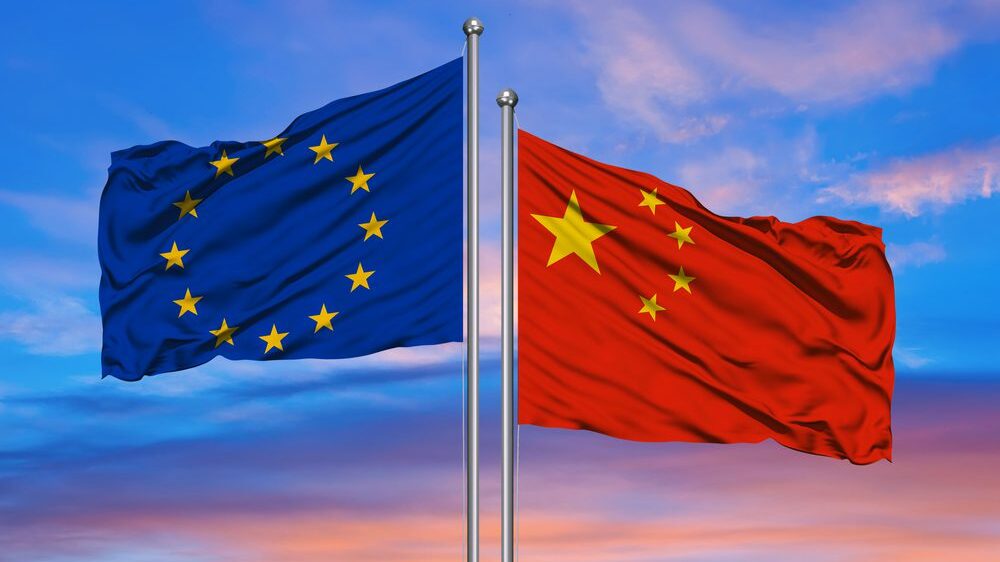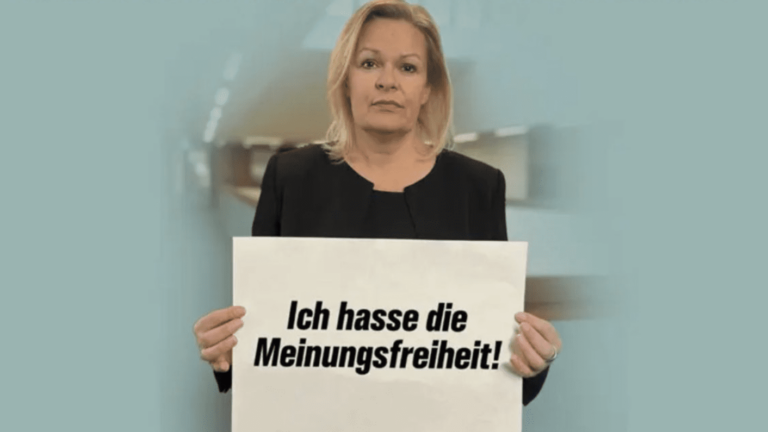The European Union is hurtling towards enacting sanctions against the Chinese economy, the South China Morning Post reports, saying EU officials are preparing to sanction eight key Chinese companies believed to be linked to the Russian war effort in Ukraine. The companies have been accused of reselling European technology, mainly in the form of microchips used by Russian forces in Ukraine. EU leaders, however, are split over their future relationship with the rising Asian power.
EU sources said that they expected a deal on sanctions to be announced before European foreign ministers meet in Brussels on June, 26th. Beijing has previously warned that any sanctions are unnecessary and would provoke retaliation. European countries have been grappling with a potential economic decoupling from China, with some officials warning that China is an essential component for economic prosperity and that the United States is rushing Europe into cutting ties too quickly.
Both Hungary and Greece are believed to be the primary voices of opposition against the measures, which they view could cripple the European economy worse than the schism with Russia. Any sanctions package would require unanimity among EU member states. The Netherlands is leading attempts to protect European semiconductor supplies from Chinese buyers, while Italy under the Meloni administration has moved to row back from previous engagement with China by withdrawing from the Belt and Road initiative.
The Chinese representative to the EU, Fu Cong, confirmed in an interview with The New Statesman that China would respond in kind to any sanctions package. Anti-Chinese hawks have warned that Beijing has long been a backdoor conduit to Western arms and technology into Russia. Fu added that so far, the EU has been reluctant to share details with China over sanctions violations, saying that China already goes to great lengths to prevent the resale of Western military technology to Russia.
China has played an ambiguous role throughout the Ukrainian war with attempts to mediate peace and allegations of trying to split the EU from the United States. Beijing evoked condemnation from across Europe for a diplomatic faux pas that questioned the sovereignty of post-Soviet states in Eastern Europe. The Chinese have also appealed to Western powers to cease sending weapons to Ukraine.
Chinese demands for European cosmetics firms to potentially hand over trade secrets triggered a low-level diplomatic incident last week.
Eurocrats will outline a new security strategy towards screening Chinese investments later this month with the EU preferring a “de-risking” strategy to China rather than cutting ties entirely and risking adverse economic consequences.
The Chinese government has been accused of attempting to coerce smaller European nations to acquiesce to its foreign policy objectives with a recent boycott of Lithuanian goods over the recognition of Taiwan doing much to worsen relations.
Proponents of continued trade with China say that Europe excludes the Chinese economy at its own peril and should have the ability to chart its own relations free from the U.S., while those wishing to scale back relations say that the CCP-run country is an authoritarian threat to the liberal rules-based order with the West already ignoring human rights abuses in Hong Kong and the plight of Taiwan.






